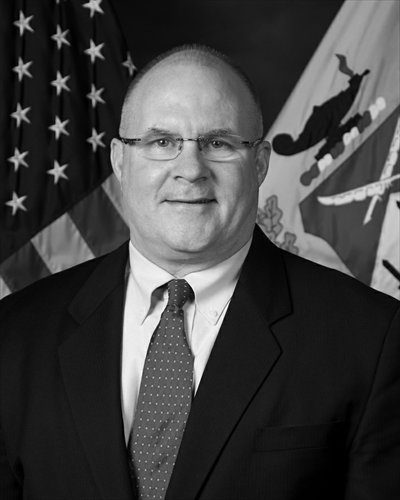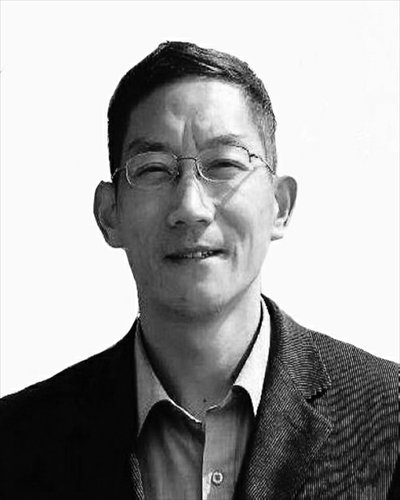HOME >> OP-ED
North Korea nuclear denials meet suspicion
Source:Global Times Published: 2012-6-13 19:05:00

David Maxwell

Sharon Squassoni

Editor's Note:
Cai Jian
North Korea issued a statement on Saturday denying again claims that it is planning another nuclear test, echoing similar statements last month. However, according to foreign media reports, satellite images showed heightened activity at the Punggye-ri nuclear test site, and US and South Korean experts also noticed significant upgrades since last year at the Musudan-ri launch site. Will North Korea's repeated denial cool down tensions? What's China's role in preventing another test? Global Times (GT) reporter Wang Zhaokun talked to Sharon Squassoni (Squassoni), director and senior fellow of the Proliferation Prevention Program at the Washington-based Center for Strategic and International Studies, Cai Jian (Cai), deputy director of the Center for Korean Studies at Fudan University, and David Maxwell (Maxwell), associate director of the Center for Security Studies of Georgetown University, on the issues.
GT: How do you see North Korea's repeated denial of its nuclear test plans?
Cai: On May 30, North Korea proclaimed itself a nuclear state following a revision of its constitution, complicating international efforts to persuade Pyongyang to abandon atomic weapons.
The international community immediately exerted great pressure on North Korea.
Pyongyang's move was possibly aimed at averting mounting international pressure, knowing that its proclamation is unlikely to be accepted by other nations.
Squassoni: There could be many reasons for North Korea to deny a nuclear test plan. They may simply be responding to press speculation about activities. Or, they could be attempting to stave off action by concerned states.
But I don't think that denials really improve the North Korean image at this point, given the rocket launch and its recent proclamation of itself as a nuclear state.
GT: After North Korea's proclamation of itself as a nuclear state, the US said that it wasn't considering resuming food aid to Pyongyang. South Korea also asked North Korea to pay back its food aid loan. Some analysts believe North Korea's latest denial was related to the suspension of foreign aid. What's your view?
Squassoni: The promise of US food aid was connected to an earlier agreement that North Korea violated by the satellite launch.
That promise apparently did not influence North Korea's decision to launch the satellite.
It is possible that North Korea's leadership considered the probability that the US wouldn't resume food aid when it decided to issue the nuclear proclamation.
In the past, promises of food aid have been important to the North Korean leadership, so actions to deny food aid could still be an important influence.
Maxwell: I believe the US is reluctant to provide food aid more because of the lack of transparency to ensure that such aid is getting to those truly in need.
As to South Korea's demand, if the North worked to pay off its debts and allowed complete transparency in the delivery of food aid these would be actions that would improve its image far more than an announcement that it will not conduct a nuclear test.
GT: There are comments saying that North Korea's denials are merely a delaying tactic. What's your prospective?
Cai: North Korea has failed to honor many of its commitments before. The statements by North Korea only said that it does not have a plan for another test in the short term, which did not rule out the possibility of such a test in the long term.
Also, since North Korea has proclaimed itself a "nuclear state" in its constitution, it is unlikely to give up nuclear status.
Maxwell: I think there are several major reasons why Pyongyang may still carry out a nuclear test.
First is as part of the north's traditional strategy in which it conducts provocations to gain political and economic concessions.
The other consideration for such a test is the potential impact on the South Korean presidential elections, which North Korea hopes will usher in a progressive president in the December elections.
Squassoni: It is entirely possible that denials are seen by the North Korean leadership as a way to buy time, but one would have to question what actions by the West the North Koreans are anticipating.
GT: Do you think North Korea's statements provide an opportunity for engagement and to cool tensions? What action do you expect from China and other parties to promote the process?
Cai: The statements might cool tensions a little bit at the moment, but it is unlikely that words alone can be accepted by other nations and lead to re-engagement and dialogue. North Korea should take more actions to clear the international community's suspicion over its intentions.
That said, China, which has played an important role in building agreements among the relevant parties in the past, should also continue its diplomatic efforts in persuading North Korea to abandon its possible test.
Maxwell: North Korean statements do not offer the possibility of re-engagement unless they are accompanied by concrete actions. The February agreement of suspending nuclear tests and uranium enrichment in exchange for food aid was abrogated by the north's failed ballistic missile test launch in April.
Squassoni: All the relevant parties have an interest in heading off another North Korean nuclear test. A denial of test preparations should not be taken at face value, but instead, the parties could use it as an opportunity to build trust with Pyongyang.
One approach would be to invite discussions with the North Koreans on the significance of the recent "nuclear proclamation" and to explore ways in which North Korea could demonstrate it was not preparing for another nuclear test. On-site visits could be part of that.
China has particularly strong interests in ensuring that North Korea does not test again.
Active engagement by Chinese diplomats, perhaps first on a bilateral basis and then with other parties would be helpful.
Posted in: Dialogue